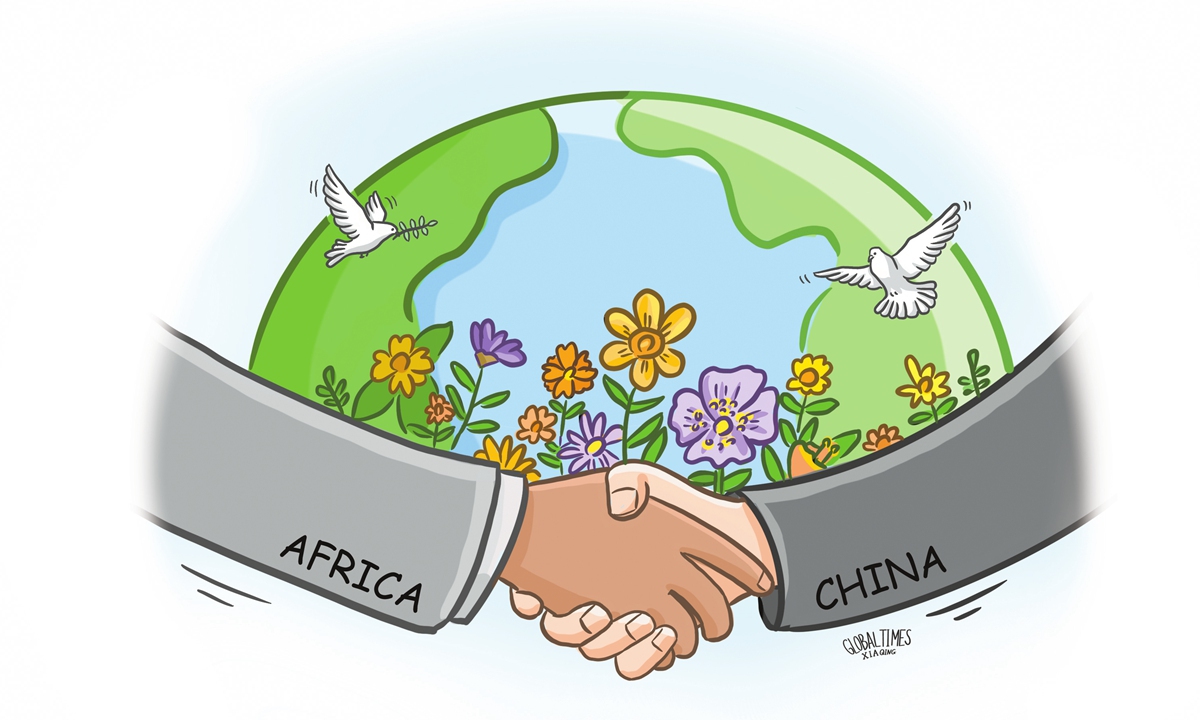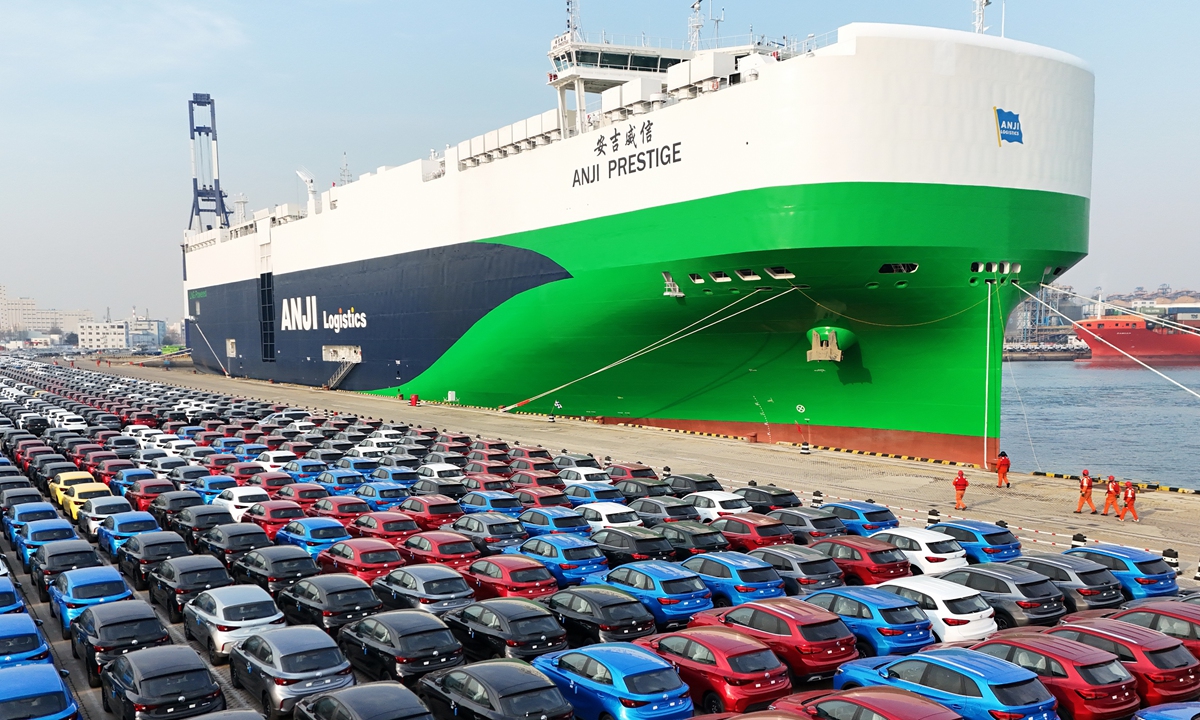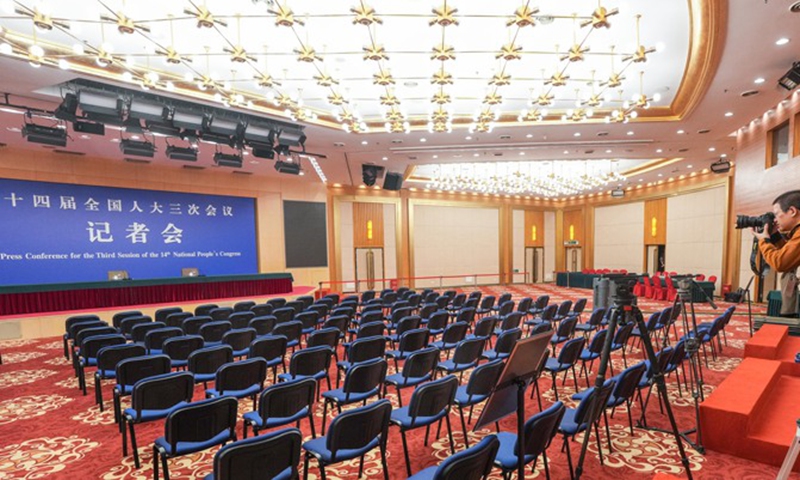
Illustration: Xia Qing
In June of this
mkyear, Kenya experienced protests primarily targeting the government's proposed policy to increase taxes. When analyzing the causes, Western media largely focused on Kenya's foreign debt issue, with some even linking it to the country's debt to China.
Kenya's foreign debt amounts to $82 billion, but only about $8 billion is owed to China, which is less than 10 percent of the total. While this total debt is substantial for a country with a GDP per capita of just over $2,000, for a rapidly developing country like Kenya, the question is more about how to repay the debt rather than whether it can be repaid.
In fact, the Western media's focus on China-Africa relations has consistently centered on the debt issue, as this narrative aligns with their subjective assumption of the "China threat theory." This association aims to tarnish the China-proposed Belt and Road Initiative, which has played a significant role in promoting African development and is undergoing adjustments to further enhance the economic capacity of African countries.
Of course, Western media is also concealing an increasingly prominent issue that constrains African development: Why didn't Western colonizers leave behind an economic foundation capable of supporting continued growth in Africa, such as basic manufacturing capabilities? Even the education system left by colonizers is now limiting young people's employability, becoming increasingly disconnected from local development. I discussed this matter with some locals during my recent trip to Kenya. The issues behind the recent protests are problems Kenya's economy encounters after rapid growth, which is somewhat familiar across Africa.
The protests were mainly driven by Generation Z, which is grappling with severe unemployment. The main reason for this critical issue is the maladjustment brought about by Kenya's economic rise, accelerated urbanization and the increasing number of young people receiving basic and higher education.
The most significant change I observed during this visit was that all children could now attend school. Improved road connections have enabled many young people to seek work in cities. This change has fundamentally altered the traditional tribal structure, which has been part of their culture for hundreds of years.
However, those working in cities told me that many of these young people flocking to urban areas can only find low-end jobs. Meanwhile, many newly established small and medium-sized enterprises struggle to find suitable labor.
Kenya's future looks promising with the potential of China-Africa vocational education cooperation. The current university system, established according to Western standards, offers overly theoretical courses. Graduates often lack the practical skills needed to meet the demands of the job market, especially in manufacturing. However, the introduction of vocational training institutions could bridge this gap and significantly enhance the country's employability.
Our African guide said that speaking Chinese has become an important employment skill as many Chinese tourists visit Kenya. Also, many Chinese businesses, including small and medium-sized enterprises, need employees who can speak Chinese. Enhancing young people's employability is crucial for Kenya's economic development and long-term debt solution. This requires policy adjustments and profound reforms, with education reform being the most important.
This is also why China's increased investment in improving the quality of the labor force in African countries, including Kenya, is a reassuring sign for the country's economic future. China's influence, far from weakening due to reduced infrastructure investment, is promoting change through more targeted training programs, which bodes well for Kenya's labor force and economic development. As creditors, the World Bank and the West could play a greater role in talent training and cultivation. The key question is whether these Western nations will prioritize African development based on the needs of the African people or focus primarily on countering China's influence.
The author is a senior editor with People's Daily, and currently a senior fellow with the Chongyang Institute for Financial Studies at Renmin University of China. dinggang@globaltimes.com.cn. Follow him on Twitter @dinggangchina


 Xi returns to Beijing after state visits to three SE.Asian countries
Xi returns to Beijing after state visits to three SE.Asian countries China to advance space station application and manned lunar landing preparations in 2025: CMSA
China to advance space station application and manned lunar landing preparations in 2025: CMSA China’s auto export growth fueled by record shipments and larger car carriers
China’s auto export growth fueled by record shipments and larger car carriers China's two sessions to offer clear policy signals for high
China's two sessions to offer clear policy signals for high